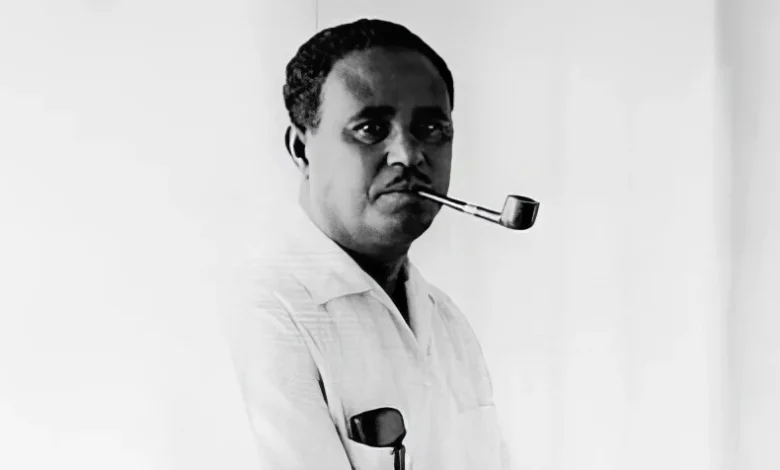LeBlanc Labour Party

The LeBlanc Labour Party was a short-lived but significant political movement in Dominica’s history, formed by Edward Oliver LeBlanc in 1970 amid internal divisions within the Dominica Labour Party (DLP). In the years leading up to the October 26, 1970, general elections, tensions grew within the DLP, with senior ministers Nicholson Ducreay, W. S. Stevens, and Mabel Moir James challenging LeBlanc’s leadership. These internal disagreements centered on governance approaches, economic policies, and the extent of foreign investment in Dominica’s development.
Determined to retain his leadership and push forward his nationalist vision, LeBlanc broke away from the DLP just days before the elections, establishing the LeBlanc Labour Party. Despite its rushed formation, the new party secured eight out of eleven seats in the Legislative Council, demonstrating the unwavering public support for LeBlanc’s policies. Meanwhile, the original DLP won only one seat, while the newly formed Dominica Freedom Party (DFP), led by Eugenia Charles, gained two seats.
Impact and Dissolution of the Party
LeBlanc Labour Party’s victory reaffirmed LeBlanc’s dominance in Dominica politics, allowing him to continue as Premier. His administration focused on nationalism, economic independence, and social development, while maintaining a cautious approach to foreign investment. However, by 1974, political pressures and personal disillusionment led LeBlanc to resign from office, marking the end of his tenure.
With LeBlanc’s departure, the LeBlanc Labour Party was dissolved, and its members were reabsorbed into the Dominica Labour Party. This transition set the stage for future political shifts, paving the way for the DFP’s rise in the 1980s under Eugenia Charles. Though short-lived, the LeBlanc Labour Party remains an important part of Dominica’s political history, symbolizing leadership challenges, ideological shifts, and the enduring influence of Edward Oliver LeBlanc.




